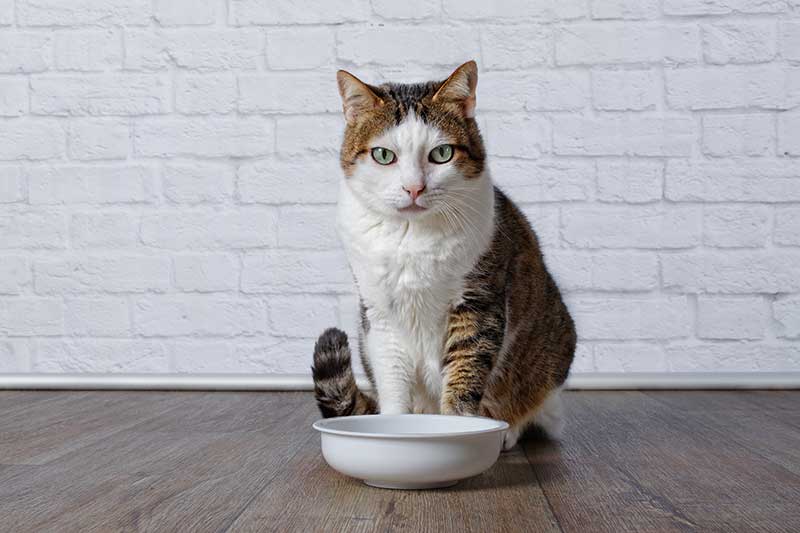National Pet Diabetes Month is Coming Up!

Nationwide, it is estimated that 1 in 300 adult dogs and 1 in 230 adult cats have diabetes. These may seem like staggering statistics, but as the numbers of affected pets rise, more people are becoming aware and educated about the prevalence of the disease. With National Pet Diabetes Month, we hope to help pet owners learn about the ways to prevent and treat this common health condition.
Diabetic Details
Glucose, the body’s main source of energy for cells, is controlled by the hormone insulin. There are two types of diabetes: Type 1 involves a lack of insulin production. Type 2 pet diabetes is the inability to correctly respond to insulin.
Blood sugar levels are dramatically affected by either type of pet diabetes, causing hyperglycemia, or high blood sugar. Made in the pancreas, insulin travels to the cells. When there is a shortage, the body begins to break down fat and muscle for energy.
The Link
Although age, lifestyle, and breed are significant factors, overweight and obese pets are more vulnerable to the diagnosis. The development of pet diabetes can be subtle at first, and noticing the following symptoms early on can help you manage the effects:
- Increased thirst and urination
- Lethargy
- Decreased appetite
- Weight loss
- Cloudy eyes
- Chronic or recurring infections
- Vomiting
High levels of glucose and sugar detected in urine, as well as a complete blood panel, help to diagnose pet diabetes.
Supporting Pet Diabetes
A carefully-chosen well-balanced diet that caters to the needs of diabetic pets is very helpful for mitigating symptoms. However, many pets need daily oral medication or insulin injections. Home monitoring and glucose testing will help you determine the correct dose. Periodic lab testing is critical in maintaining health.
The good news is that if pet diabetes is detected early, managed daily at home, and supported at routine wellness exams, animals can continue to enjoy long and healthy lives.
Understanding Pet Diabetes
Encourage your pet to take walks every day, or increase the types of play they like. Helping your pet to lose a bit of weight can drastically reduce their dependence on insulin. Likewise, managing their diet and reducing carbohydrates can go a long way toward greater – and longer – overall health.
If you ever have any questions or concerns about pet diabetes, or need a bit of help managing your pet’s weight, our veterinarians and veterinary staff at Rocklin Ranch Veterinary Hospital are always here for you.

